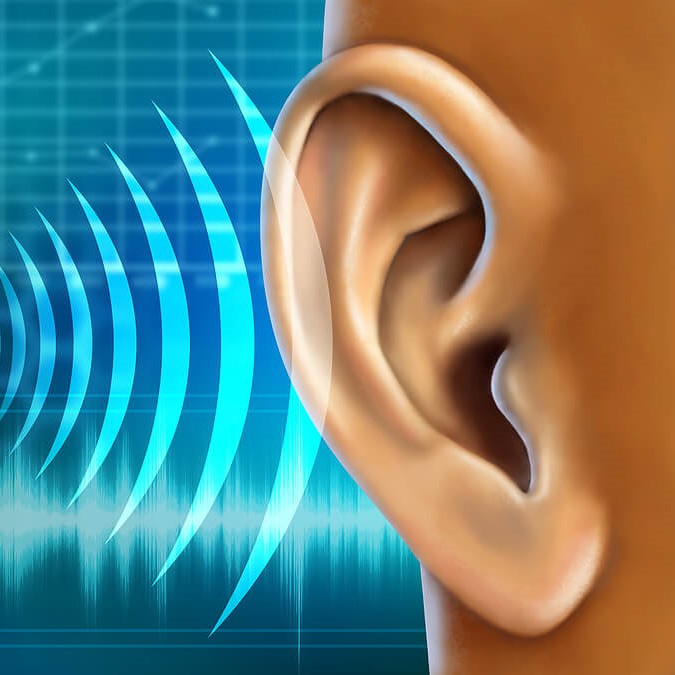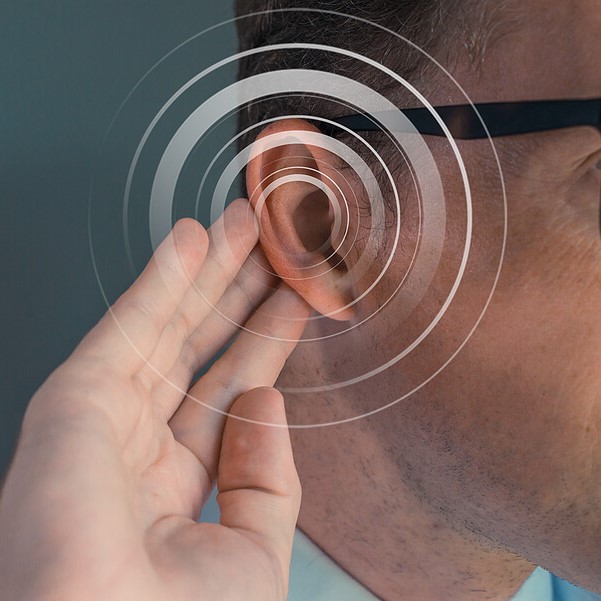Hearing Aid Center
Why Book a Hearing Test?
A hearing test can give you all the information you need to make informed decisions about your hearing health. Early detection of hearing issues can help you find the right treatment options that will enhance communication and overall well-being. Treating hearing loss with tailored solutions is the best way to prevent further damage and invest in the joy of clear hearing.
Signs that you might need a hearing test include:
Hearing loss | Sudden hearing loss | Dizziness | Excess earwax | Ear pain | Drainage
If you’ve noticed any signs of hearing loss or ear discomfort, book a hearing test. Our dedicated professionals offer comprehensive hearing tests, personalized solutions, and compassionate care.

Kari Pietralczyk

Kaitlyn J. Froese

Types of Hearing Loss
Understanding hearing loss is the first step to reclaiming the joy of hearing. There are three main types of hearing loss:
- Conductive Hearing Loss: This type occurs when sound waves cannot reach the inner ear. It can result from earwax blockage, fluid in the ear, or problems with the ear canal, eardrum, or middle ear. Surgical or medical intervention may be needed.
- Sensorineural Hearing Loss: Sensorineural loss involves damage to the inner ear or the auditory nerve. Aging, exposure to loud noises, and certain medications are common causes. The most common treatment option for this type of hearing loss is hearing aids.
- Mixed Hearing Loss: As the name suggests, mixed hearing loss is a combination of conductive and sensorineural loss, affecting both the outer and inner ear.

Degree of Hearing Loss
The degree of hearing loss is categorized based on severity:
- Mild Hearing Loss: Difficulty hearing soft sounds or conversations in noisy environments.
- Moderate Hearing Loss: Conversations at normal volumes become challenging, impacting daily interactions.
- Severe Hearing Loss: Even loud sounds are difficult to hear, and communication becomes extremely challenging.
- Profound Hearing Loss: Individuals may only hear very loud sounds, necessitating significant assistance.
Hearing Services: Rediscover the Joy of Sound

Hearing Tests and Hearing Aids

Custom Earmolds and Hearing Protection

Aural Rehabilitation

Balance Disorders

Tinnitus

